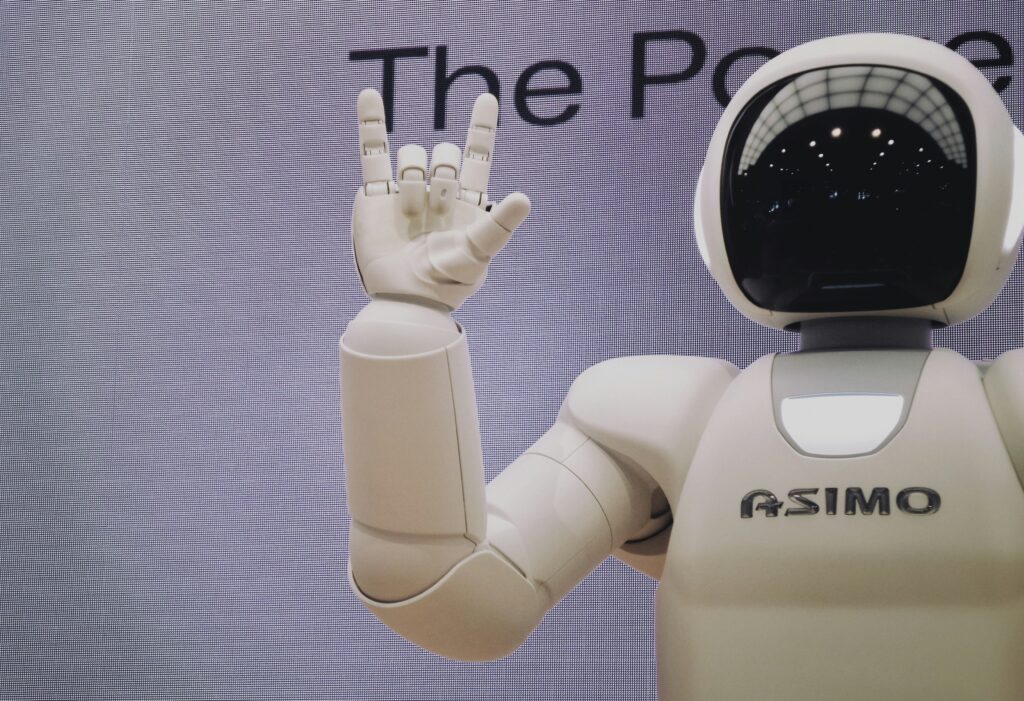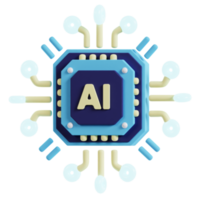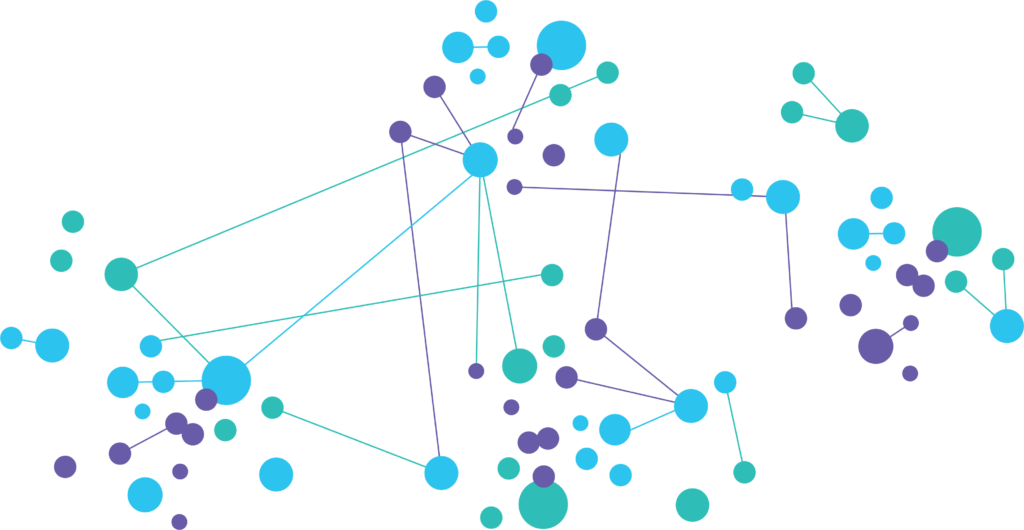
The landscape of education is evolving rapidly, with technology playing an increasingly pivotal role. Among the most transformative technologies is machine learning, a subset of artificial intelligence (AI) that enables systems to learn from data, identify patterns, and make decisions with minimal human intervention. In the context of education, machine learning is driving a paradigm shift by personalizing student learning experiences in ways that were previously unimaginable. As for Nips4Creativity, this personalization has the potential to address individual learning needs, optimize student engagement, and enhance overall educational outcomes.
The Role of Machine Learning in Education
Traditionally, education has followed a one-size-fits-all approach, where teaching methods and content are standardized for all students. However, this method often fails to accommodate the diverse learning styles, paces, and needs of individual students. Machine learning is changing this by offering tailored educational experiences that adapt to each student’s unique strengths and weaknesses.
Machine learning algorithms analyze vast amounts of data, such as students’ performance on assignments, their interactions with learning materials, and even their behavioral patterns. This data is used to create a detailed profile of each student’s learning preferences and challenges. With this information, machine learning systems can recommend personalized learning paths, suggest resources that target areas where students struggle, and even predict potential obstacles to learning success.
For instance, platforms like Coursera and Khan Academy use machine learning to offer personalized course recommendations and adaptive learning paths. These platforms analyze student interactions and progress, allowing them to adjust the difficulty of content in real-time, ensuring that students are neither overwhelmed nor under-challenged.
Benefits of Personalized Learning Through Machine Learning
One of the key benefits of using machine learning to personalize education is the ability to cater to the unique learning styles of each student. Some students may learn better through visual aids, while others might prefer textual explanations or hands-on activities. Machine learning algorithms can identify these preferences and adjust the delivery of content accordingly.
Another significant advantage is the continuous assessment and feedback provided by AI-driven tools. Instead of waiting for periodic exams to assess student performance, machine learning systems offer real-time feedback, allowing students to correct mistakes and reinforce learning as they progress. This immediate feedback loop helps in retaining knowledge more effectively and prevents the accumulation of gaps in understanding.
Moreover, personalized learning experiences facilitated by machine learning can lead to higher student engagement. When students receive content that aligns with their interests and is pitched at the right level of difficulty, they are more likely to stay motivated and invested in their studies. This increased engagement often translates into better academic performance and a more positive attitude towards learning.
Real-World Applications of Machine Learning in Personalized Education
Several educational institutions and platforms are already leveraging machine learning to enhance personalized learning. For example, WritePaper, a service where you can hire a writer for college papers, integrates machine learning to help students improve their writing skills. The platform analyzes writing patterns and provides tailored feedback, helping students to refine their work and understand key areas for improvement.
Another application of machine learning in education is through intelligent tutoring systems (ITS). These systems mimic human tutors by providing personalized instruction and support. They can adapt to the student’s pace, offer hints when the student struggles, and even present additional challenges when the student excels. This level of personalization is akin to having a dedicated tutor, but with the scalability to support thousands of students simultaneously.
Challenges and Considerations
While the potential of machine learning to personalize education is immense, it is not without challenges. One major concern is the quality and bias of the data used to train machine learning models. If the data is not representative or contains biases, the personalized learning recommendations may reinforce existing inequalities or provide suboptimal suggestions.
Furthermore, there is the issue of privacy. The data collected by machine learning systems to personalize learning experiences often includes sensitive information about students’ performance, behavior, and preferences. Ensuring that this data is securely stored and used ethically is paramount.
Additionally, while machine learning can significantly enhance personalized learning, it is not a substitute for human educators. Teachers play a crucial role in providing emotional support, fostering creativity, and nurturing critical thinking skills—elements that are difficult for AI to replicate. Therefore, the goal should be to use machine learning as a tool to augment the capabilities of educators, rather than replace them.
The Future of Personalized Learning
The future of personalized learning through machine learning looks promising. As AI technologies continue to advance, we can expect even more sophisticated systems that provide highly tailored educational experiences. These systems could potentially integrate with a wide array of learning environments, from traditional classrooms to online platforms and beyond.
For students looking to enhance their learning experiences, leveraging machine learning tools like intelligent tutoring systems, personalized study plans, and feedback-driven platforms can be immensely beneficial. Whether you’re struggling with a particular subject or looking to excel in your studies, these tools offer the personalized support needed to achieve your academic goals.
Moreover, services like hiring a paper writing service or finding a college essay writer for pay can complement the personalized learning provided by machine learning tools. These services can offer expert guidance and support in specific areas, such as writing and research, ensuring that students receive comprehensive assistance in their academic journey.
As machine learning continues to shape the future of education, the possibilities for personalized learning are expanding. By embracing these technologies, educators and students alike can unlock new opportunities for growth, innovation, and success in the ever-evolving educational landscape.
References:
- How AI is Personalizing Education
- World Economic Forum: The Role of AI in Transforming Education
- MIT Technology Review: Machine Learning and Personalized Learning
This blog post not only explores the impact of machine learning on personalized education but also integrates key services that can further enhance a student’s learning experience, offering a well-rounded perspective on the future of education.

